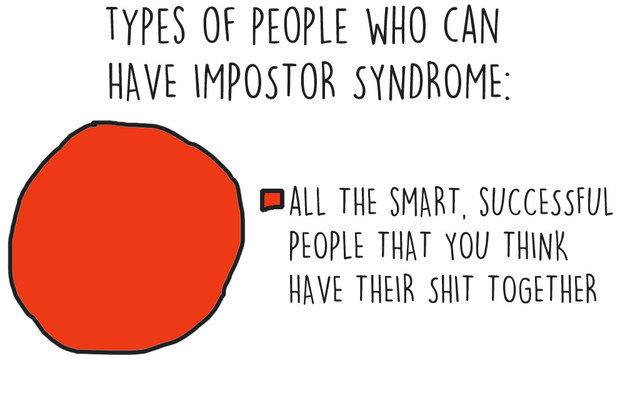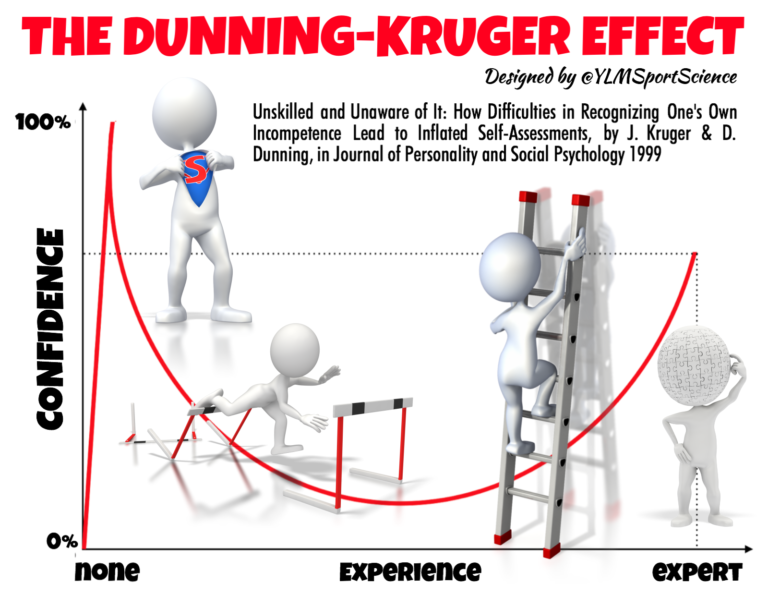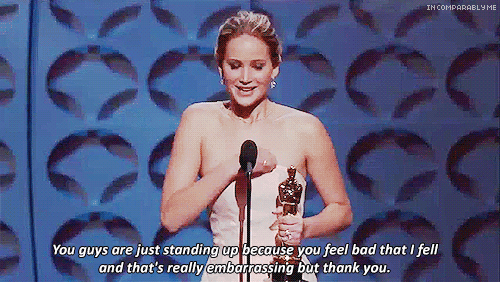If “comparison is the thief of joy,” (as eloquently stated by President Theodore Roosevelt), why do we continue to measure ourselves against others? Unhealthy comparison to others is a big issue I see in a lot of my clients (and let’s be honest, something I do myself). When doing some research about comparison and why we do it, I ran across an interesting podcast hosted by Jordan Harbinger. The podcast highlights why humans are apt to compare themselves to others, the different types of comparison, why comparison can be harmful, and how we can adapt our negative tendency to compare into positive motivation for betterment.
Why do we compare ourselves and why is it harmful? Comparison to others has evolutionary roots. Self-reflection can be motivating; sometimes we need to see what others are doing to know how to compete, learn, and grow. Social Comparison Theory speculates that we can’t really define ourselves without first evaluating others. The harm can begin when the act of evaluating ourselves or others becomes demotivating instead of motivating.
According to the podcast, there are three types of comparison; self-enhancement, self-verification, and self-assessment.
Comparison for self-enhancement is what we do when we walk into a yoga class and think “At least I am more flexible than that guy over there.” It’s used to make ourselves feel better about our own abilities.
Comparison for self-verification is used to confirm what we already think about ourselves. Example: we agonize over the “better” clothes, car, vacations, etc. of a friend who we know has a different financial situation than we do. The comparison is used to validate the feeling that we don’t have enough or aren’t worth enough.
But all comparison isn’t unhealthy or toxic. Comparison for self-assessment is geared towards curiosity and growth. Self-assessment asks, where am I now in my abilities or goals? What do I need to do to be more like someone I admire? This thinking shift relieves us of the toxic, growth-limiting beliefs that come from comparison for self-enhancement or self-verification.
So, how do we get out of the cycle of comparison that does harm? Next time you find yourself evaluating others, ask yourself, “Is this thought going to motivate me to change? Is it going to confirm something negative I already feel about myself? Or is it going to make me put myself in a higher position over someone else?” If you find yourself falling into the latter traps, reframe the thought into a curious question. Is there anything I can work towards to be more like this person? Do I need to drag others down to offer myself a confidence boost?
I recommend listening to the podcast for a deeper dive into this important topic. Maybe it’s not realistic to say you won’t compare yourself to others, but perhaps the shift to a self-assessment mindset can help you keep your joy.
Xoxo
Amy
THE CONTENT OF THIS BLOG IS FOR EDUCATIONAL PURPOSES ONLY. IT IS NOT A SUBSTITUTE FOR A THERAPEUTIC RELATIONSHIP.



